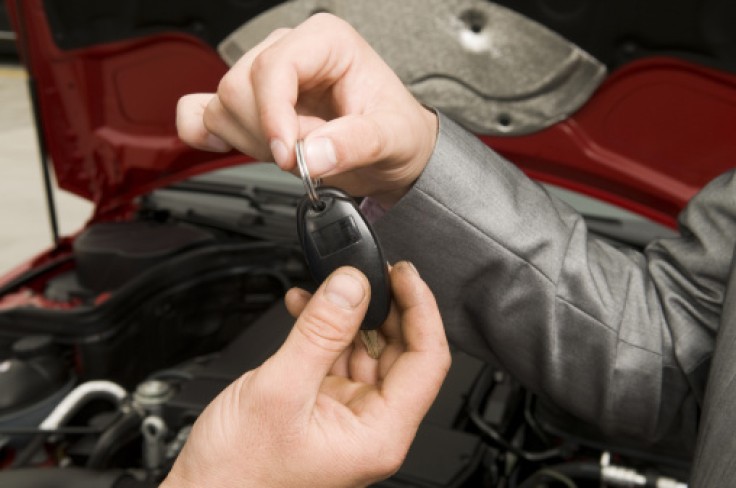With the economy right now, buying a brand-new car might not be the soundest decision. A used car is just as good, especially if you only need it to get you from point A to point B. Here are a couple of factors you should look into to make sure you get the best deal.

1. Vehicle Documents
Like a lot of important and expensive purchases, there is proper paperwork that you need to acquire such as the bill of sale and proof of ownership to indicate that the item is legally yours. These will have information about the vehicle.
If you fail to get these documents, you might encounter trouble with registering the car or getting an official title certificate. This also eliminates the possibility that you are being scammed, or that the vehicle was not theirs to sell in the first place.
2. Ownership History
Getting a used car is not a big deal, but you might not be getting your money's worth if it turns out that the seller is not the first and only owner of the vehicle. It brings into question why the car is being sold again, or if the other owners were careful with it during their ownership. Although, it can be justified if the seller can assure that there are no issues with it.
3. Check the Interior
You'll be spending your time inside the car when in use, so it's important to check whether the interior is still up to standard. If the seat covers are leather, are they cracked? Are the floormats still there? Are there scratches on the dashboard? Be thorough in checking, especially since there are details that are easy to miss.
4. Inspect the Engine
You can drive with a worn-down interior, but you can't drive with a faulty engine. If you know your way around it, check for leaks or anything out of the blue, or if the "check engine" light is on. This will prevent complications in the future when you're in the middle of the road and the engine decides to give up on you.
Read Also : 7 Anti-Theft Devices for Your Car's Security
5. Tire Situation
Check all four tires of the vehicle to see if they're good to go. Mainly, check the tread depth to determine how worn it is. The tread is important so that the tires can properly grip the terrain. If the tire is closer to being smooth, then you might want to change the tires, ask the seller to change the tires, or back out of the deal.
6. Brand
The brand tells you how much you'll be paying for maintenance or repairs down the line. For instance, a Jeep that has the same repair needs as a Toyota will not cost the same since the latter will be cheaper. You should also consider if there are repair shops nearby that can cater to the brand of the car you're buying so you won't have to drive far if you need it.









